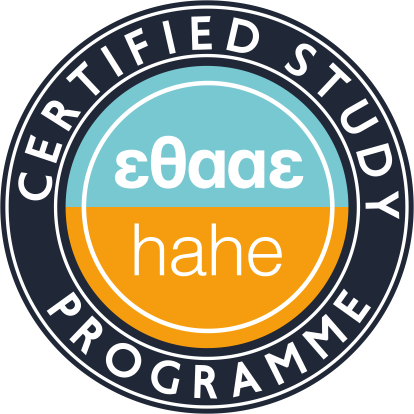The Econometrics II course is a continuation of the Econometrics I course and examines advanced econometric issues at both a theoretical and empirical level. The Econometrics II course is for students a basic tool for thorough analysis of empirical relationships in an economy. Students become familiar with the use and application of specialized, modern and demanding econometric methods, which are widely used in empirical studies. The course examines advanced econometric models with the aim of gaining an in-depth understanding of the problems that arise in the empirical use of econometric models and their resolution, and also aims to develop students' critical thinking so that they are able to manage modern econometric models and design the econometric analysis that they will use by studying examples that fall within the areas of economics and socio-political science.
More specifically, Econometrics II emphasizes the problem of endogeneity and the method of auxiliary variables, the methods of generalized moments and maximum likelihood as well as introduces the use of non-linear models. It also examines linear probability, probit and logit discrete choice models, systems of equations, stationary and integrated time series. Finally, it introduces students to the concepts of panels (static and dynamic). The course requires knowledge of basic econometric terminology and students should be familiar with linear regression, assumptions and properties of the least squares estimator, and issues arising from violation of assumptions
Upon successful completion of the course, the student will have thoroughly understood and applied specialized and modern econometric techniques used in the empirical literature to study the relationships between economic variables. He will also be able to evaluate the appropriateness of econometric methods based on the available data for analysis.
More specifically, in order to successfully complete the course, students should:
To understand in depth and use in practice modern econometric tools, which are widespread in empirical studies.
Be familiar with and be able to apply the various econometric methods that will be taught during the semester (maximum likelihood, method of moments, method of auxiliary variables)
Have an in-depth knowledge of the methods used in time series and panel data analysis.
Be able to design and evaluate which econometric techniques can be applied according to the economic phenomenon under study, the nature of the available variables and the data to be used in the analysis.


